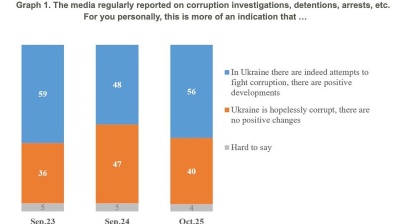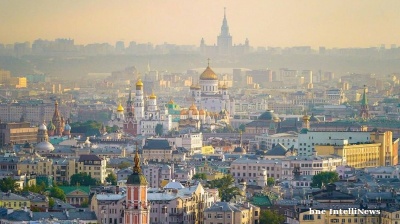Romania is the EU’s fastest growing economy, but frequent changes of government and numerous policy reversals especially in the fiscal sphere have caused investor confidence to plummet.
A new survey by the Foreign Investors Council (FIC) showed the confidence of foreign investors in the Romanian business environment, especially in the predictability of the legislative framework, and the stability of fiscal and regulatory frameworks is deteriorating considerably.
According to the data released on October 24, up to 90% of respondents say the constantly changing legislation is affecting their business planning. The share has increased dramatically from only 25% in 2015. At the same time, 75% of the surveyed FIC members say that the business environment in Romania has worsened recently and that current developments have lowered their trust. Out of the total respondents, 65% report that the fiscal burden has increased, up from 35% in 2015,
On the positive side, the September 2017 survey showed that more than 60% of respondents expect their revenues and business to grow in the next year, considering Romania’s robust economic growth.
Since taking power in December last year, the ruling coalition has announced a series of changes, including the transfer of social security contributions entirely to employees, a global income tax, solidarity taxes, the replacement of the existing profit tax with a turnover tax and increases in the minimum salary. While the government seems determined to go ahead with some of the planned changes, it has given up many of them, which created even more uncertainty and unpredictability for the Romanian business environment.
Apart from creating confusion, some of the government’s plans have led to street protests in Bucharest, which earlier this year saw the largest protests since the fall of communism. More recently, thousands of public sector employees from all around the country took to the streets of Bucharest to express their discontent with the fact that from next year the social security contributions will be entirely borne by employees. Trade unionists say this will considerably reduce the amount of the 25% salary increases promised by the government that appear in employees’ take home pay.
Additionally, the frequent changes in the government and the alleged tensions between Prime Minister Mihai Tudose and the leader of the senior ruling Social Democratic Party (PSD) might also make investors weary when it comes to putting their money in Romania. Tudose is the country’s third prime minister this year.
Other issues identified by the surveyed FIC members include infrastructure, bureaucracy and availability of workforce. 42% of companies report that Romania is losing its competitiveness in terms of the labour force, up from only 6% in 2015, while 90% of respondents say that infrastructure and bureaucracy have a negative impact on their competitiveness.
Despite all this, Romania’s economy is expanding at a fast pace. Romania’s economy grew 5.8% in the first half of the year, the fastest in the EU, supported by the fiscal relaxation measures implemented since the beginning of the year and labour market improvements. Romania’s state forecasting body (CNP) has said it expects 5.6% growth this year.
However, the high growth rates Romania is reporting will not be sustainable on the current path, FIC warned.
“Continued lack of infrastructure, increased shortage of adequate workforce, regulatory and fiscal uncertainty and a sentiment that the business environment is deteriorating will lead to less investments, local or foreign and this in turn will lower growth and take the economy below its potential,” the FIC said.
FDI inflows in the first eight months of the year were €2.5bn, which was €600mn less than the same period last year.
Data

Ukraine’s credibility crisis: corruption perception still haunts economic recovery
Despite an active reform narrative and growing international engagement, corruption remains the biggest drag on Ukraine’s economic credibility, according to a survey by the Kyiv International Institute of Sociology.

India’s retail payment revolution
India’s payments landscape has reached a pivotal stage, with digital transactions now accounting for 99.8% of all retail payments.

Military aid for Ukraine falls despite new Nato PURL initiative – Statista
The Kiel Institute for the World Economy found that military aid to Ukraine dropped sharply in July and August compared to previous months, despite the implementation of the Nato PURL initiative.

IMF cuts Russia’s 2025 growth forecast to 0.6%, leaves Ukraine's unchanged at 2%
The International Monetary Fund has lowered its forecast for Russia’s economic growth in 2025 to just 0.6%, marking the second-steepest downgrade among major economies, even as it raised its global outlook.




